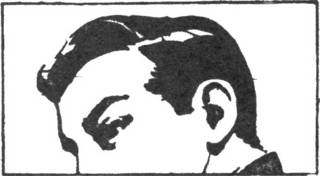Yes, and Al Gore invented the Internet. Does Tharoor's claim stand up to scrutiny? If you look up the OED, you'll find that prepone goes back to the 16th century. However, at that point, the word meant 'to place in front of'; the OED quotes Robert Crowley, who wrote “I do prepone and set the Lord alwaye before myne eyes” in 1549. It only seems to have been in the twentieth century that the word was used in its current sense:
To the editor of the New York Times: For the benefit mainly of the legal profession in this age of hurry and bustle may I be permitted to coin the word ‘PREPONE’ as a needed rival of that much revered and oft-invoked standby, ‘postpone.’ John J. D. Trenor, New York, Dec. 5, 1913— ‘New York Times,’ 7 DecemberSince Trenor is clearly proposing a neologism, one can argue that this nonce use of prepone does not prove Tharoor is making an empty boast. Barring a few stray examples, most of the citations I've found online are from the '80s onwards and almost all from India. Wiktionary has this line from a 1984 New York Times piece on Indian English:
''It is better to make the booking for Tuesday rather than Wednesday so that later you would not have to prepone it,'' the reservations clerk said with what seemed unassailable linguistic logic.All this indicates that prepone had entered common usage here by the '80s, and was seen as a typically Indian expression. Since Tharoor was working as a journalist in the previous decade (his Wikipedia page notes that he won an award for the Best Indian Journalist under 30 in 1976), his claim regarding prepone isn't entirely implausible, and the only way to disprove it would be to find a citation that predates the bulk of his work. This amusing exchange from a 1972 Lok Sabha Debate does the job, I think; it is quite unlikely that the august members of the House were tossing around a word coined by an obscure college journalist.
SHRI B. V. NAIK : May we know whether there is any possibility of further ‘preponing' the date of commissioning of the Vijaynagar and Visakhapatnam plants ?
SHRI S. MOHAN KUMARAMANGALAM : I am not quite sure about the meaning of that English word ‘preponing'. but I presume that it means that he wants to bring it forward. So far as ‘preponing’ is concerned, every effort is always being made to 'prepone’.
MR. SPEAKER : ‘Poning’ is the common thing between the two.
SHRI S. A. SHAMIM : I hope that this is not unparliamentary. I hope you will find that out.

No comments:
Post a Comment